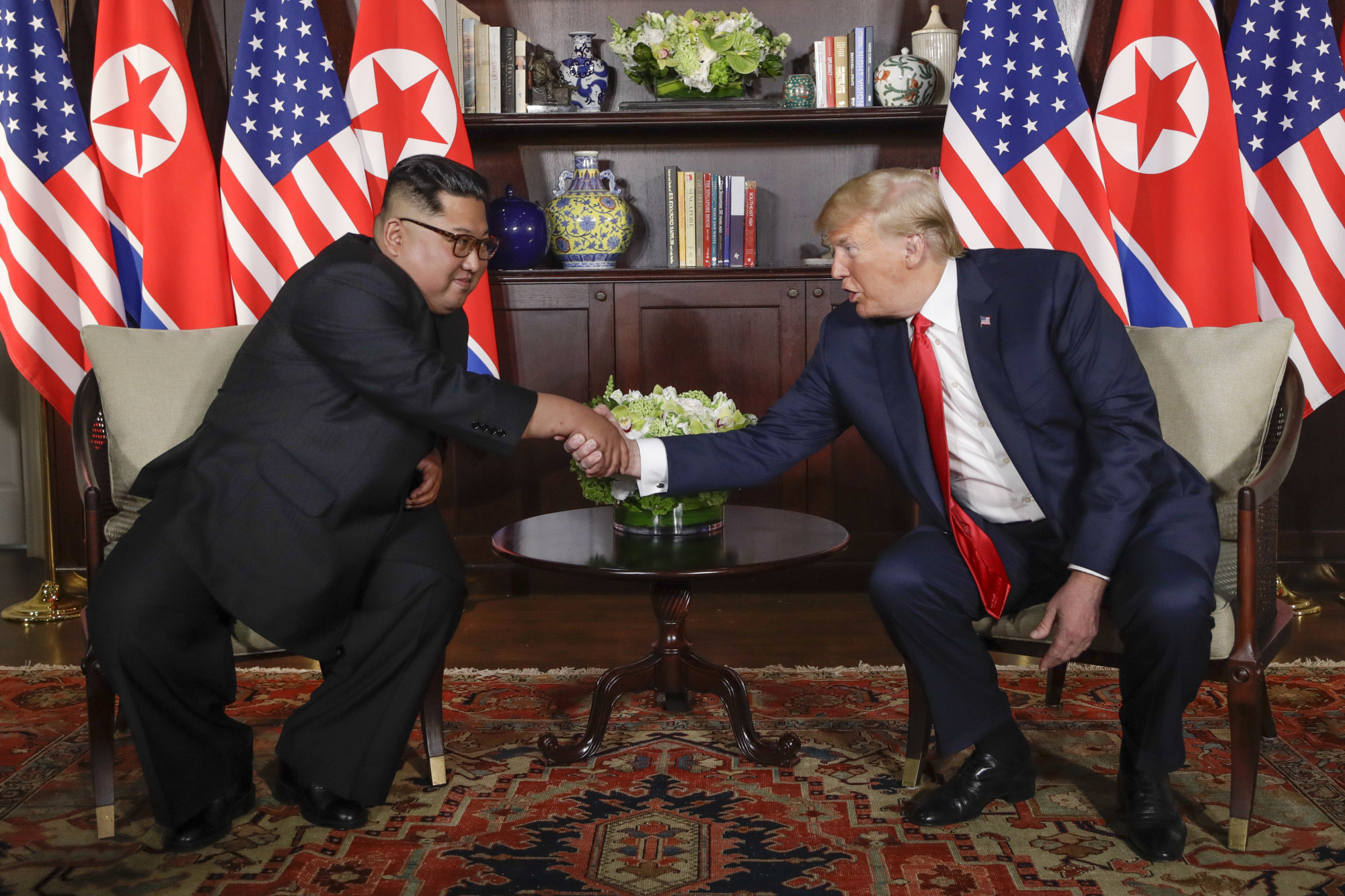Last year's Singapore summit between U.S. President Donald Trump and North Korean leader Kim Jong Un was a global ratings success as the first-ever meeting between leaders of the two countries, but the outcome was underwhelming. The world awaits the second summit, which will take place Feb. 27 and 28 in Hanoi, with similar breathlessness.
Is there cause for cautious optimism compared with last year's pre-summit irrational exuberance? Having schooled Trump in the art of the deal in Singapore, will Kim relinquish his bombs in Hanoi? Will the two unpredictable leaders break the Korean deadlock that has been frozen for 69 years, as the key to unlocking the Northeast Asian geopolitical frame?
Trump declared mission accomplished in Singapore, insisting North Korea was no longer a nuclear threat. His grandstanding boasts have been contradicted by his own intelligence agencies, who share the experts' consensus that Pyongyang is unlikely to give up its bombs. In a recent report to the Security Council, U.N. experts confirmed that North Korea's nuclear and ballistic missile programs remain intact and Pyongyang has dispersed its nuclear assets as a hedge against decapitating U.S. strikes.



